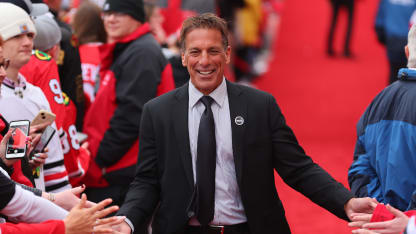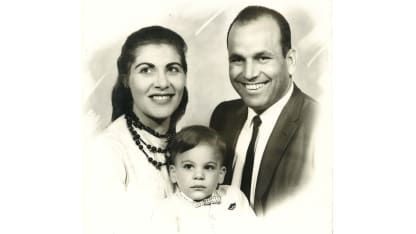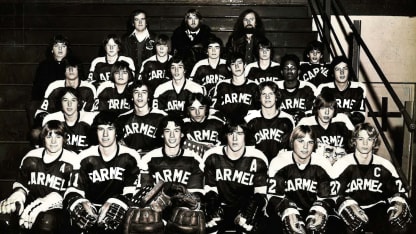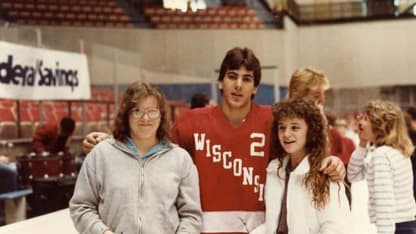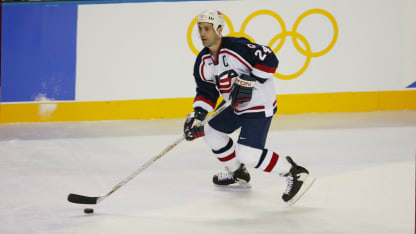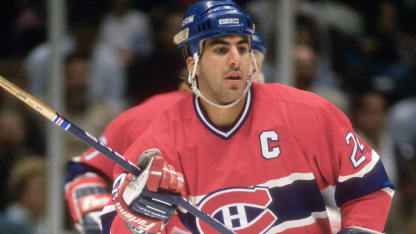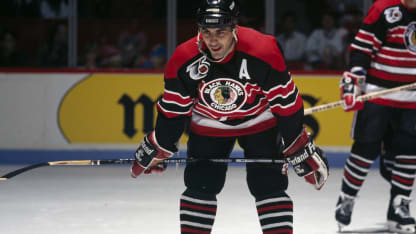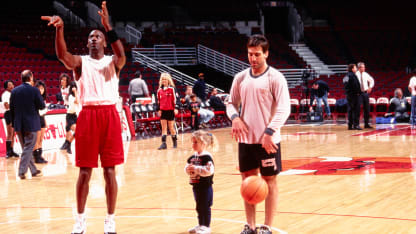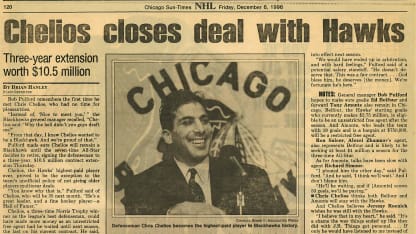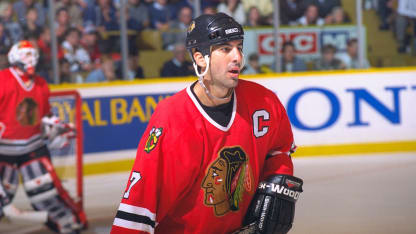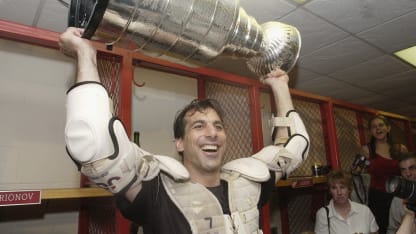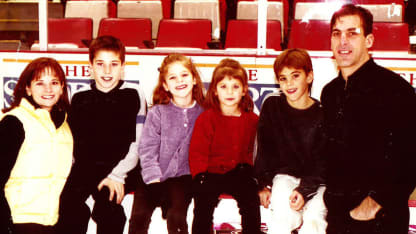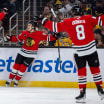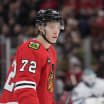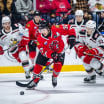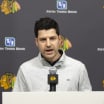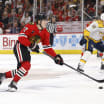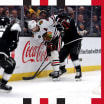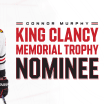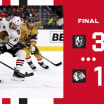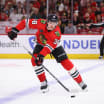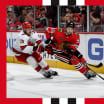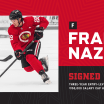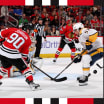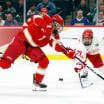And for the second time in his life, the Chelios family moved home. Caley, who was working for the Tampa Bay Lightning, and her husband moved back to Chicago in 2021 to be closer to family, joining the Blackhawks broadcast team. With two kids, and a third due any day, being close to family is the ultimate reward.
“Being able to spend the last three years here with our kids and our parents so close, I'll never take for granted having such a close family and being able to share memories,” she said.
Chris and his wife Tracee are building a new home in Chicagoland that’s “souped up for kids,” as Caley described it, ready for another generation of the Chelios family to be raised in, and call Chicago home.
On Sunday afternoon, Chelios’ Blackhawks legacy will be cemented when his No. 7 is retired to the rafters of the United Center. Aside from being able to bring a Stanley Cup home, it’s the ultimate honor for a Chicago hockey icon, and was one of the last acts late Blackhawks Chairman Rocky Wirtz set into motion before his passing this past summer.
“To me, it's the most special thing,” Chelios said of having his jersey retired by his hometown team. “There's a handful of guys that have ever had that. The only guys come to mind right now is [Mark] Messier in Edmonton.. and then [Chicago Bears captain] Dick Butkus.”
“Winning a cup with a Blackhawks would've been the ultimate dream to bring that to the city,” Caley said. “But this is the next best thing, I think, for him as far as what it means to him emotionally, and in his career.”
It will undoubtedly be an emotional night for the Chelios family, not reflecting on their son’s career accomplishments, but also a big part of his story who won’t be there. Chris’ father Gus passed away in 2017.
“I think he would probably be in awe probably thinking, ‘Hey, my grandkids and my great-grandkids are going to see my son's name up there,’ ” Susan said. “That's something that he hoped and prayed for a long time. Unfortunately, he didn't make it to see it, but I'm sure he'll be watching, and he'll be thrilled over it.”
“I’m afraid I’m going to breakdown (in the moment)… I am just proud of everything that he's accomplished because I know how hard he worked for it,” she continued. “He deserves everything he gets. He really worked hard and he loved the game so much.”

